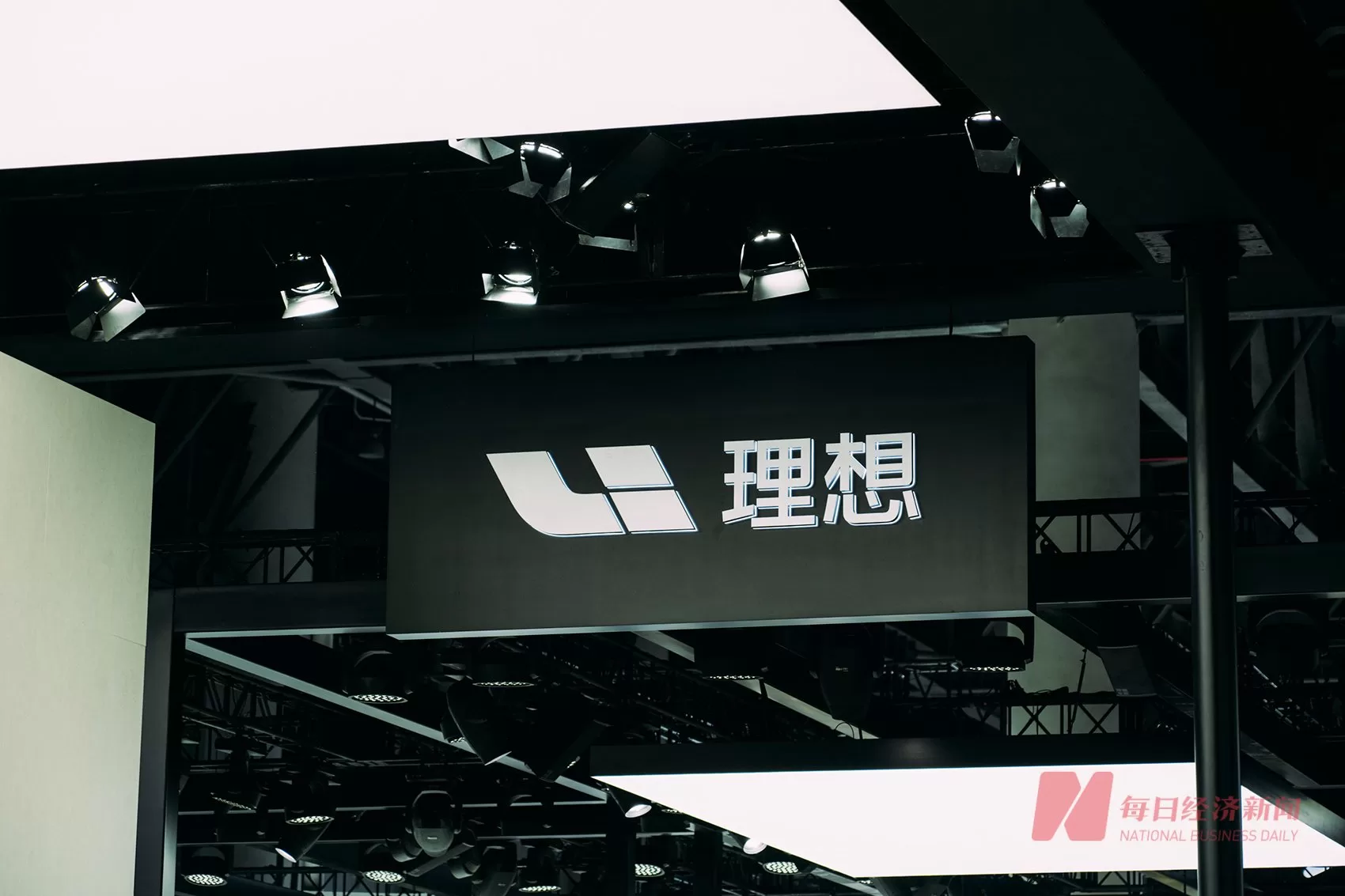Recently, Ideal Car announced on its official Weibo account that it has completed the delivery of 600,000 vehicles to customers, making it the first Chinese new energy vehicle company to achieve this delivery volume. As of December 10th, Ideal Car has achieved a monthly sales volume of 13,000 vehicles, firmly leading the sales of new energy vehicle brands in the Chinese market. By November, Ideal Car had already achieved its 2023 goal of selling 300,000 vehicles. In addition, there are reports that based on Ideal Car’s sales forecast to its supply chain companies, it will achieve a sales target of 800,000 vehicles in 2024. Ideal Car’s internal plan is to achieve an annual sales volume of 1.6 million vehicles by 2025. Some speculate that the continuously rising sales targets may prompt Ideal Car to start its overseas expansion earlier than planned. There were reports earlier that Ideal Car plans to start its overseas expansion in 2024, with the first markets being the United Arab Emirates, Saudi Arabia, and possibly some North African countries. The first models to go overseas will be the Ideal L9, among others. In response to this, an Ideal Car spokesperson told a reporter from the “Daily Economic News,” “No comment.” However, Ideal Car’s Chairman and CEO Li Xiang had previously publicly stated, “Ideal Car will not enter the overseas market before 2025, and will concentrate all resources to achieve the 2025 goal.” “Before 2025, no overseas market” Currently, some models under the Ideal Car brand are being sold through parallel exports to countries or regions such as the Middle East, Russia, and Kazakhstan. Li Xiang once stated that in the first two weeks of July this year, more than 200 Ideal Cars were privately exported through parallel channels. Further investigation revealed that these vehicles were mainly exported to Central Asia and the Middle East. The “private parallel export” mentioned by Li Xiang is a behavior led by non-manufacturer authorized dealers. Unlike new car exports, parallel export vehicles, although new, are exported to overseas markets in the name of used cars after being registered domestically. In fact, if car companies want to carry out authorized exports overseas, they need to do a lot of preliminary work, involving market research, quality and safety, after-sales service, etc., with a very large investment. Used cars can be exported to areas not covered by the car company’s authorized system. “Ideal Cars will not authorize any agents or dealers, and will always adhere to a direct sales model,” Li Xiang stated, emphasizing that there are no restrictions or special prices for the parallel export of some Ideal Cars, and there are no limitations from the official side.
According to a used car dealer, the Ideal L9 series, which sells for about 450,000 yuan (63540$) domestically, once cost nearly 1 million yuan in some Central Asian countries. And an Ideal L7 series car exported to Kazakhstan is nearly 200,000 yuan (28240$) more expensive than its domestic starting price. The hot sales of Ideal’s models in the Middle East and Central Asian markets may be the “fuse” for the rumor that “Ideal Car plans to enter the Middle East countries in 2024.” From the current official attitude of Ideal Car, its overseas expansion plan will not be earlier than 2025. Li Xiang once publicly stated, “Before 2025, Ideal Cars will not enter overseas markets and will concentrate all resources to achieve the goal of 2025.” Ideal Car CFO Li Tie also stated at the company’s second quarter 2023 financial results meeting, “We hope to dominate China before going global… our products are designed for Chinese users and are currently only targeting China.” Chinese car companies vie for the Middle East market It is rumored that this year, capital from the Middle East and Europe has been in contact with Ideal Car, and after evaluation, it is believed that the political policies and consumption environment of the Middle East market are more suitable as the first stop for car companies to go global compared to Europe. Although the Middle East is rich in oil and gas resources, it also needs to vigorously promote energy transformation. Currently, countries in the Middle East are actively promoting the development of electric vehicles, such as Saudi Arabia’s clear plan to have electric vehicles account for 30% of the capital Riyadh by 2030. In addition, in terms of the consumption environment, statistics show that in 2022, the per capita GDP of the six Gulf countries reached 34,000 US dollars, about three times the world’s per capita GDP, with Qatar’s per capita GDP exceeding 80,000 US dollars. The affluent Middle East region has the car purchasing power that global car manufacturers covet, including Chinese car companies. “In today’s environment of economic globalization and market diversification, the Middle East has become a hot emerging market for Chinese companies to go global, with enormous potential,” said Shi Qingke, vice president of Great Wall Motors, who told reporters that next year Great Wall Motors will launch several new energy vehicle models such as HEV and EV in the Middle East market, and will open the second parts warehouse in Jeddah, Saudi Arabia.
As of now, Chinese car companies are increasing their market share in the Middle East. In 2022, Chinese brand car sales in Saudi Arabia exceeded 100,000 units, a 22.2% increase compared to the previous year, with a market share of 15%. Additionally, Chinese brand cars have a market share of over 10% in several Middle Eastern countries, such as Bahrain and Oman. For example, Great Wall Motors’ Haval H6 and Great Wall pickup trucks are the top-selling Chinese brands in the compact SUV and pickup truck markets in the Middle East. However, Chinese car companies face many challenges in their expansion into the Middle East. Shi Qingke stated, “Compared to the long-standing popularity, acceptance, and market share of European, American, Japanese, and South Korean car brands in the Middle East, Chinese car brands still have a certain gap and face challenges.” It is worth noting that as Chinese car companies expand into the Middle East, Chinese companies such as NIO, GAC, BinLi, and Xiaoma Zhixing have also attracted attention from Middle Eastern capital. Some analysts believe that with the help of this capital, Chinese car companies will further accelerate their entry into the Middle Eastern market. Additionally, Middle Eastern investors hope that their partners can invest in and build new energy vehicle production lines in their own countries, creating a mutually beneficial relationship.

